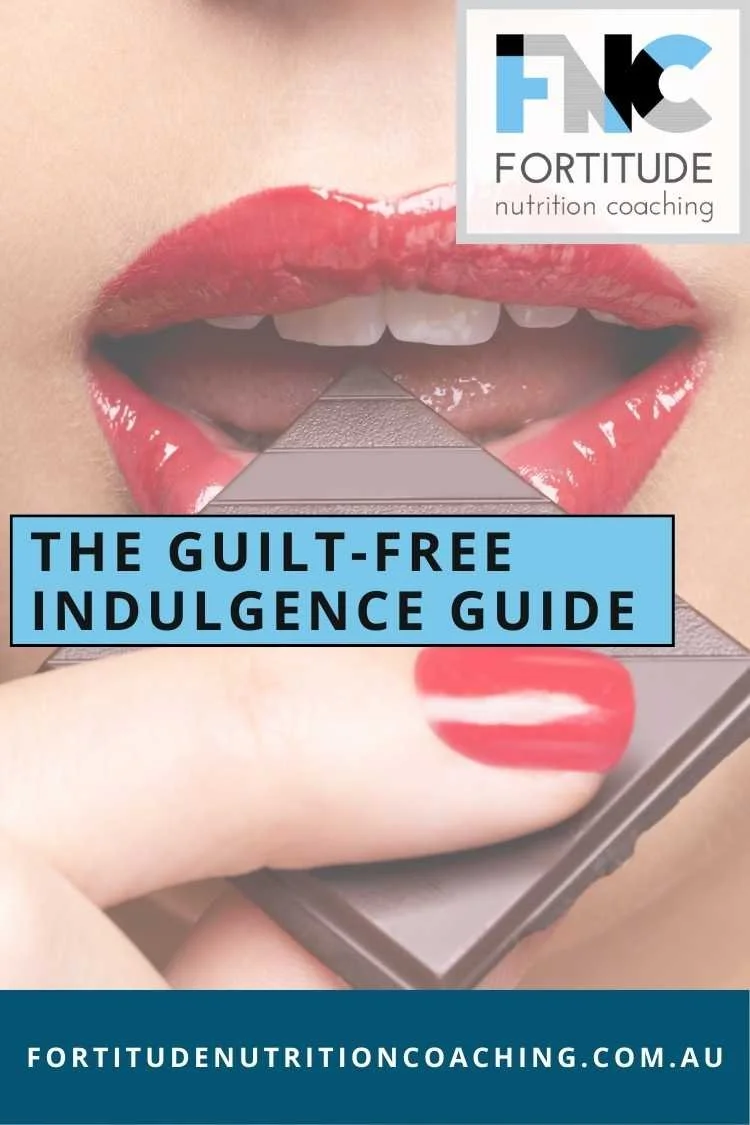Planning for Life After Lockdown
The COVID-19 Pandemic brought with it many challenges, particularly in health and fitness. Gyms closed, environments changed, working from home started and food availability fluctuated. However, for some, the lockdowns actually removed barriers. Social eating and meals away from home significantly reduced which helped people improve their intake of nutritious foods that were more goal aligned. More time at home allowed people to spend more time focusing on positive habits such as cooking and preparing meals, reading, mindfulness, and mobility.
Whether learning to overcome barriers or finding things easier with less temptation, we started to get accustomed to the new “normal”.
How do we prepare for life after lockdown with restrictions slowly starting to be lifted?
Some of us may have old challenges resurface, some of us may enjoy the way our diet looks at the moment and be worried about re-adjusting.
Here are 6 questions you can work through to help keep practising what you’ve developed over the past few months whilst slowly transitioning to how life will look after COVID-19.
What did you learn about yourself and your nutrition?
Take some time to reflect on how your habits and nutritional choices may have changed. Think about some light bulb or “a-ha” moments that have occurred when you’ve thought about your diet and eating habits.
Over the past few months did you notice you made better choices when there was less temptation around? Did you notice that your weekends used to be a downfall after nailing your nutrition during the week? Did you learn that you tend to eat out of boredom or procrastination? Did you learn that you enjoy cooking when you find time for yourself? Did you find that you are more satisfied when you focus on meals rather than snacks?
What positive habits did you build?
Reflect on some of the new habits you’ve built that have improved your quality of life.
What positive habits did you start to incorporate into your daily routine? Did you cook more? Did you snack less? Did you experiment with your meals? Did you improve your weekend eating habits? Did you make more time for yourself and your personal development by practising things such as reading, mindfulness, meditation, yoga, mobility, walking, etc?
What did you enjoy?
Lockdown wasn’t all bad. We’ve already mentioned potentially having more time, was that something you enjoyed? Less travel time, more time at home? Calling friends more often? Similar to the above, did you enjoy some new parts of your daily/weekly routine? Trying new meals/cooking methods/ingredients/flavours. Did you enjoy staying home on weekends, did you enjoy video calling friends, did you enjoy going to bed early? Think about the best parts of being in lockdown.
What can you continue doing?
Let’s put the top answers together and think about some of the positive habits and things you’ve enjoyed about isolation and create a list of things you’d like to, and can continue doing. Just because life is changing and we can go out more often, doesn’t mean we have to stop doing the positive things we enjoy. Try to highlight 3 things that bring you the greatest joy and return on investment for your quality of life/goals, and commit to continuing to practice at least those 3.
- What potential barriers may arise after lockdown?
These may be similar barriers you experienced before lockdown. Social meals, less time to prepare meals, more temptation? Before we can plan for the barriers, we need to identify and preempt what they could be. Write them out and follow the next step which is coming up with a strategy.
What strategies can you put in place to overcome them/reduce the effect?
Now you’ve identified your barriers, it’s time to work on strategies to overcome them or at least minimise the harmful impact they may have on your health and fitness goals
Example:
Social meals: Instead of going from 0 to 5 social meals per week, dip your toe in and start with 1-2 per week whilst reflecting on your choices and control. From there you could slowly increase when you feel confident and comfortable.
Less time: Looking at some simple, easy and no-prep protein and plants meals. You can find some in the FN’Simple Sample Day of Eating eBook.
More temptation: Practice saying no. (More on that in another blog that will be coming soon.) Try to control your environment or speak to those with whom you share an environment.
The government is working on lifting restrictions in stages, try to use a similar strategy with your nutrition:
Try not to act like a hungry dog that’s just been let off the leash and try not to revert back to old habits by doing a complete 180.
Just because life may go back to how it looked before, doesn’t mean your diet needs to.
Reflect on what you’ve learnt and what you’ve developed over the past few months.
Keep doing what has been working.
Keep practising your strong and positive habits as best you can while slowly working on strategies to overcome some barriers that may arise, one at a time.
If you are concerned about the challenge of transitioning into new circumstances and how your nutrition may change, we can work with you to develop strategies for your eating and lifestyle habits through our 1 on 1 coaching program. Our strategies will be designed in collaboration with you to help you become confident with your choices whilst building long term habits and a positive relationship with nutrition.












Tired of the "eating healthy" cycle that leads nowhere? Our blog unveils the blueprint for success. Say goodbye to vague intentions and hello to a clear Action Plan. Transform your eating habits with precision - from veggies to protein, breakfast to overcoming obstacles. Break free from the loop and embark on a fulfilling journey. Ready to achieve your goals with confidence? 🎯 Learn more: https://www.fortitudenutritioncoaching.com.au/blog/why-healthy-eating-doesnt-work